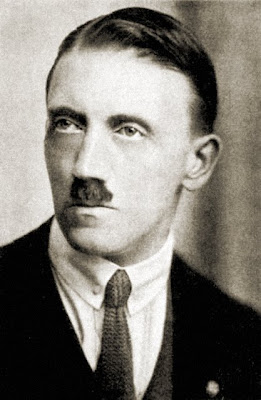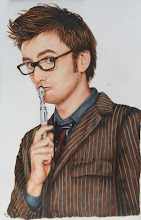Where am I going with this? Simply this; there is a great temptation with historical RPGs (and let’s be honest, that’s what CoC is if you set it in the classic HPL era) to introduce historical figures into the adventure, to have the investigators rubbing shoulders with the great and the good of the roaring twenties. However, this is never a good idea. Remember the Young Indiana Jones series? He was always bumping into famous people and it started to stretch credibility after a while. It also gives any adventure the air of a history lesson, which is not what we’re aiming for (unless you find history lessons a source of cosmic horror)
The Keeper should therefore avoid ‘famous people syndrome’. The likelihood of a party meeting someone famous by chance on the street or even at a hotel or such like is remote and unless you have something very specific in mind for that famous person, keep them out of it. A case in point is the use of people like Houdini in scenarios. It’s understandable – he’s a fascinating guy and continues to entertain us, eighty-five years after his death. But is his inclusion in an adventure really necessary? Could the narrative requirement be filled by someone else? Do you know Houdini well enough to make it convincing? What if one of the other players knows more about Houdini or is a bit more Google-savvy than you? What if Houdini gets killed during the scenario?
And on a more practical note, not having celebrities in your adventure means that it’s one more job lifted from your shoulders. In a game where you’ll be doing a lot of work, both research and administration, not to mention writing, that’s to be welcomed.
A related cliché is the “Before they were famous” syndrome. Picture the scene – it’s 1920 and the party is in Germany on the trail of cultists. They meet a strange artist with a little moustache struggling to make ends meet with his paintings. Lo and behold, they find out his name is Adolf. If the players are feeling malicious, they might contrive to ensure that something nasty happens to poor old Adolf and voila, historical paradox!
 "Hey! This guy says if we buy his painting, he'll tell us where the Temple of Azathoth is"
"Hey! This guy says if we buy his painting, he'll tell us where the Temple of Azathoth is" Of course, famous people by their very nature were part of life back in the 1920s and so mentions of famous people can be made; this adds flavour. It’s like writing a book set in the 1960s and not once mentioning a certain four-man band from Liverpool.
Having said all this, I’m now going to contradict myself – well, slightly Fleeting encounters with famous people can be slotted in; they should, however, remain peripheral (either across the far side of a crowd or appearing for only a few moments and playing no further part in the story) and it helps maintain credibility if the famous person in question is only a minor celebrity and there’s a good reason for that person to make an appearance. Take the Grace la Rue encounter in the Majestic adventure – before I started to run the scenario, I’d never heard of her and she only spends about ten minutes in the game, if that. However, it adds a sense of realism and doesn’t break the above rules.
Next time, I’ll be looking at when to say no – and when to say yes.





No comments:
Post a Comment